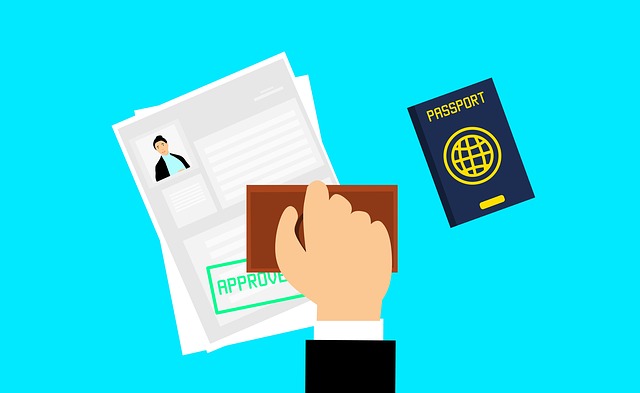Foreigners are generally prohibited from owning land in Thailand. However, there are limited exceptions under specific legal frameworks. One of these is land ownership through BOI (Board of Investment promotion), along with the Prescribed Investment route under Section 96 of the Land Code. While both are rare and highly regulated, they represent legitimate legal avenues for foreigners seeking freehold land in Phuket.
What Is Prescribed Investment (Section 96)?
Section 96 of the Land Code provides a narrow path for foreigners to own land if they make a prescribed investment in Thailand.
-
Minimum capital requirement: THB 40 million.
-
Eligible investment types include government bonds, state enterprise securities, or funds approved by the Ministry of Finance.
-
The investment must be maintained for at least five consecutive years.
-
Land ownership is limited to 1 rai (1,600 m²) for residential purposes.
This path is legally recognised but rarely used, given the high investment threshold and restrictions on land size and use.
Land Ownership Through BOI
The Board of Investment (BOI) may permit foreign juristic persons promoted under the Investment Promotion Act to own land directly, provided the land is used for the purposes of the promoted activity. According to the Thailand Board of Investment, ownership is limited to the size and location approved, and land must be disposed of if promotion status is revoked or the project ceases.
Key Conditions
-
The land must be necessary for the BOI-promoted project.
-
Ownership is restricted to the size and location approved by the BOI.
-
The land cannot be used for unrelated purposes.
-
If BOI promotion status is revoked or the project ceases, the land must be disposed of within one year.
Who Uses This Route?
Land ownership through BOI is typically relevant for businesses and industrial projects, not private individuals. For example, a BOI-promoted company in the hospitality or manufacturing sector may be permitted to hold land for its operations.
Land Ownership Through BOI: Comparison with Standard Options
Most foreigners in Phuket do not qualify for prescribed investment or BOI routes. Instead, the common legal options are:
-
Foreign Freehold Condominiums: Up to 49% of a condominium project can be foreign-owned freehold.
-
Leasehold: Long-term lease agreements (often 30 years, renewable) are widely used for villas and land plots.
-
Hybrid Structures: Leasehold combined with superficies or usufruct for added security.
These approaches are more practical and accessible for lifestyle or residential property ownership.
Due Diligence Considerations
Anyone exploring prescribed investment or BOI land ownership should ensure:
-
The investment or company meets government eligibility requirements.
-
Ongoing capital and compliance obligations are clearly understood.
-
BOI land use is restricted to the promoted business – not personal or unrelated use.
-
Exit obligations are clear if investment or BOI status changes.
Summary: Land Ownership Through BOI
-
Foreigners cannot generally own land in Phuket.
-
Two rare exceptions exist: prescribed investment (Section 96) and land ownership through BOI promotion.
-
Both routes involve strict conditions, capital requirements, and usage limitations.
-
For most foreigners, freehold condominiums or leasehold remain the clearer and more practical choices.
Related Guides
Conclusion
Land ownership through BOI and prescribed investment represent narrowly defined legal options available under Thai law. While they provide legitimate paths to freehold land, they are limited in scope, capital-intensive, and primarily intended for business activities. For most foreign property owners in Phuket, condominium freehold or leasehold structures remain the most practical and secure options.
Disclaimer: The information contained in this article is provided for general informational purposes only and does not constitute legal, financial, or investment advice. While every effort has been made to ensure accuracy at the time of publication, property laws and regulations in Thailand are subject to change. Readers should always seek independent legal advice from a qualified Thai lawyer before making any property-related decision or transaction.


Social Contact